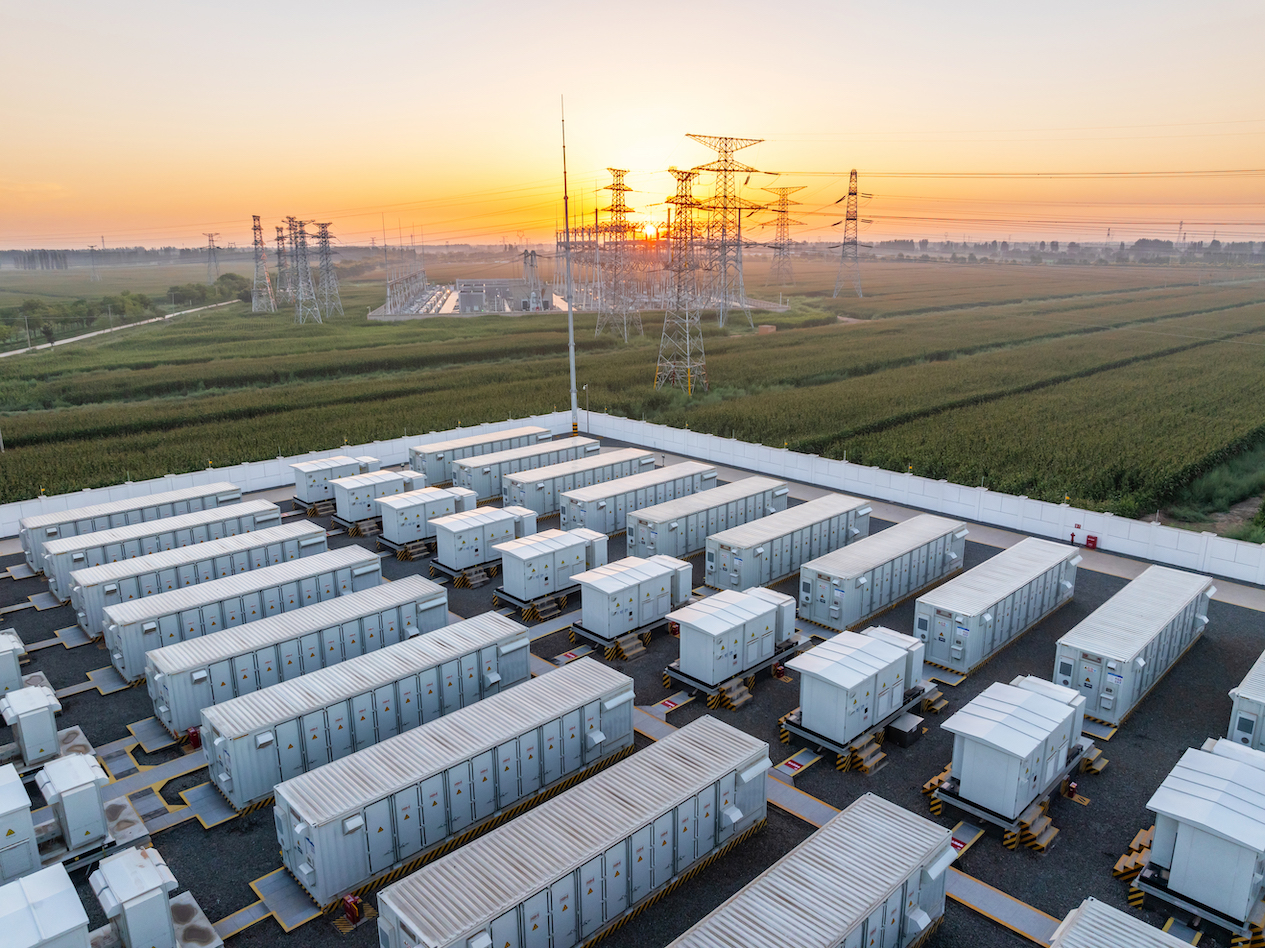New rules on appliances from DESNZ will mean new heat pumps and other electric heating appliances must be sold with smart functionality so users will be able to compare deals on services such as electric vehicle charge points across different suppliers.
The new regulations for heat devices will apply to hydronic heat pumps, storage heaters, heat batteries, standalone direct electric hot water cylinders, hot water heat pumps, and hybrid heat pumps, all up to a thermal capacity of 45kW.
The new framework will introduce requirements in line with regulations that already apply to electric vehicle chargers. This will give owners the choice to activate smart functionality and choose to use energy when it is cheaper.
The Government will also ensure that appliances, including battery energy storage systems, must be able to operate across different tariffs. This will mean that devices are not tied to one energy supplier, and so consumers will not be locked into one plan.
Energy Minister Michael Shanks said: “From EV chargers to heat pumps, smart appliances can do the hard work for consumers by automatically using energy when the price is low. These new standards will also bring a common-sense approach to smart appliances by ensuring different brands and models can operate across different energy suppliers, allowing consumers to shop around for the best deals.”
New security standards will also be introduced for smart appliances, to protect against cyberattacks.
The framework will link to the introduction of the market-wide Half Hourly Settlement in 2027 that will require energy suppliers to use the most accurate data, so they can offer more smart tariffs that allow customers to choose when to use energy and benefit from savings. Earlier this month, the Energy Secretary Ed Miliband and Ofgem CEO Jonathan Brearley wrote to energy companies warning that no further delay will be tolerated to the roll out of this new system.
The Government will, subject to Parliamentary approval, put forward secondary legislation on energy smart appliances within the next year. There will then be a 20-month period to allow manufacturers to update production, before the regulations will be enforced.
© 2019 Perspective Publishing Privacy & Cookies







Recent Stories